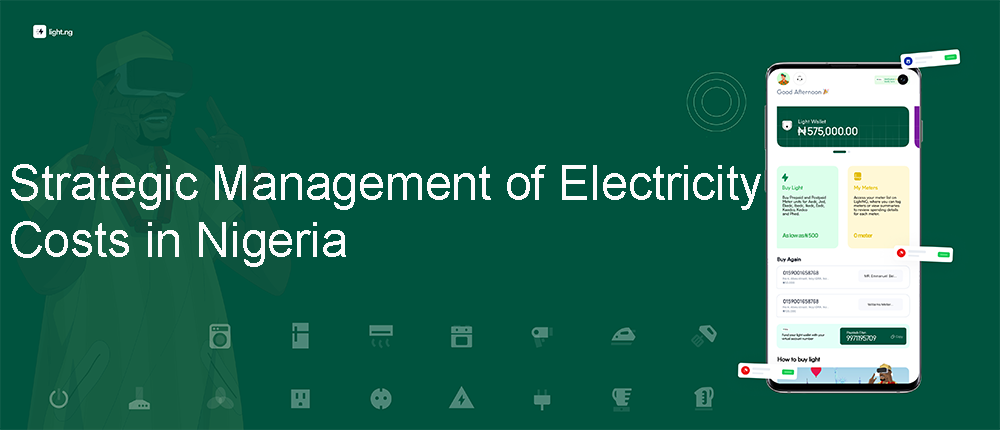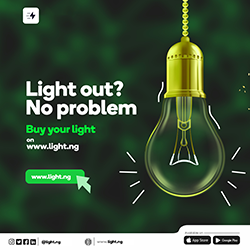
Electricity is a critical resource that powers our homes and industries, yet many of us have noticed fluctuations in our electricity bills. These fluctuations can be puzzling, prompting comparisons with neighbors or searches for cheaper electricity options. Various factors influence these costs, and understanding them can help you manage your energy expenses more effectively. In this article, we delve into the elements that affect electricity pricing and how you can navigate them to optimize your electricity expenses in Nigeria.
Key Factors Influencing Electricity Prices
1. Type of Property
Electricity consumption varies significantly across different property types, primarily categorized into Residential, Commercial, and Industrial. Each category has distinct energy needs:
- Industrial Properties: These facilities often have large machinery and equipment that consume substantial electricity, leading to higher electricity costs.
- Commercial Properties: These include businesses and service providers who use a moderate amount of electricity, typically more than residential but less than industrial properties.
- Residential Properties: Homes and apartments, which generally have the lowest electricity consumption due to smaller-scale electrical needs.
It’s crucial to confirm the category of your property with your local distribution company, which can provide more precise information on your property type and corresponding electricity pricing.
2. Tariff Band
The National Electricity Regulation Commission (NERC) has segmented electricity users into five tariff bands based on the average daily power supply:
- Bands A, B, and C: These bands are for areas with relatively stable power supply, typically enjoying more than 12 hours of electricity per day. Consumers in these bands generally face higher charges per kilowatt-hour due to the absence of subsidies.
- Bands D and E: These are designated for areas experiencing less than 12 hours of power daily. Subsidies are often available, resulting in lower charges.
To determine which band you fall into, visit LightNG, navigate to your transaction history, and check the “Meter Category” in the order details. This will show your band classification, helping you understand your billing better.
3. Seasonal Changes
Weather conditions significantly impact electricity usage:
- Rainy Season: This season may reduce the cost of hydroelectric power generation, potentially lowering electricity prices.
- Hot Seasons: Increased use of air conditioning and fans during hotter months boosts electricity consumption, which can spike your bills.
Festive periods also see a surge in electricity use due to higher occupancy in homes and greater use of appliances. Planning your budget to accommodate these seasonal fluctuations can prevent unexpected high costs.
4. Vampire Appliances
Modern appliances often consume electricity even when turned off, due to their standby modes. These “vampire” appliances can significantly increase your energy bill without your awareness:
- Preventive Measures: Disconnect appliances from the power source when not in use and load washing machines or dishwashers to full capacity to minimize wash cycles, conserving energy.
By understanding these vampire effects, you can take practical steps to reduce unnecessary power consumption.
Optimize Your Electricity Purchases with LightNG
Convenience in Electricity Purchase
Purchasing electricity online has never been easier. With platforms like LightNG, you can buy light in Nigeria seamlessly. Whether you’re looking to recharge a prepaid meter or pay your utility bill, LightNG provides a user-friendly interface that simplifies the process.
Extensive Coverage
LightNG services various distribution companies (Discos) in Nigeria, including AEDC, JED, EKEDC, IBEDC, IKEDC, EEDC, KAEDCO, KEDCO, and PHED. This extensive coverage ensures that you can manage your electricity needs regardless of your location within the country.
Educational Resources
For more tips on managing electricity consumption and understanding your bills, visit the LightNG Blog. Our resources are designed to help you make informed decisions about your electricity usage and purchases.
Conclusion
Electricity costs in Nigeria are influenced by various factors, from the type of property and tariff bands to seasonal changes and appliance efficiency. By understanding these factors, you can better manage and sometimes reduce your electricity expenses. For convenient electricity purchase and management, LightNG offers reliable solutions tailored to meet your needs. Join us in navigating the complexities of electricity consumption in Nigeria and optimizing your energy usage for a more sustainable and cost-effective future.





